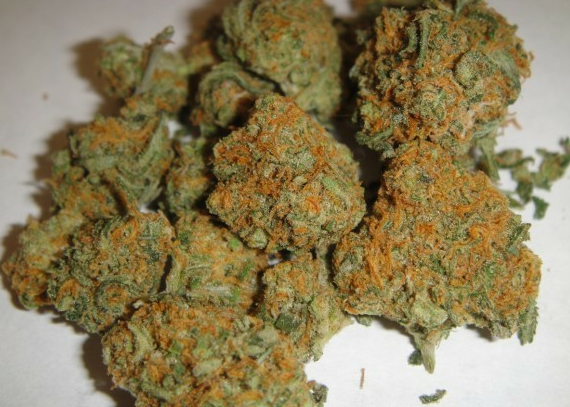The Chicago City Council voted on Wednesday to decriminalize the possession of small amounts of marijuana, the latest U.S. city to support diminished penalties for the drug’s use.
The vote was 43 to 3 on the measure backed by Mayor Rahm Emanuel.
Under the ordinance, police officers in the nation’s third-largest city can issue a written violation for possession of 15 grams or less rather than make an arrest.
Supporters said the measure would help raise revenue for the city, save money and free up police to pursue more serious crimes.
More than a dozen states and several large U.S. cities have already taken similar steps.
But council member Roberto Maldonado, an opponent, said people will interpret the law as “a license to smoke marijuana in public.”
Chicago Police Department statistics indicate that last year there were 18,298 arrests for possession of less than 10 grams of marijuana, according to a statement from the mayor’s office.
Each case involves approximately four officers – two arresting and two transporting officers – and places an additional burden on the Cook County court and jail system, the statement said.
The issue of freeing up police officers for more serious crimes is particularly pressing this year in Chicago, which has seen a 37 percent spike in its murder rate.
“I want a full court press on the street,” Emanuel said of freeing up police to fight crime.
Fifteen states have reduced the penalty for possession of limited amounts of marijuana, according to Allen St. Pierre, executive director of NORML, a lobbying group working to legalize the drug.
Other cities with similar policies include Seattle, Pittsburgh and Philadelphia, as well as university towns like Champaign, Illinois, and Madison, Wisconsin. Seventeen states and the District of Columbia have legalized medical marijuana.
Opponents of decriminalization say it condones drug use and results in a lost opportunity for intervention to stop it.

